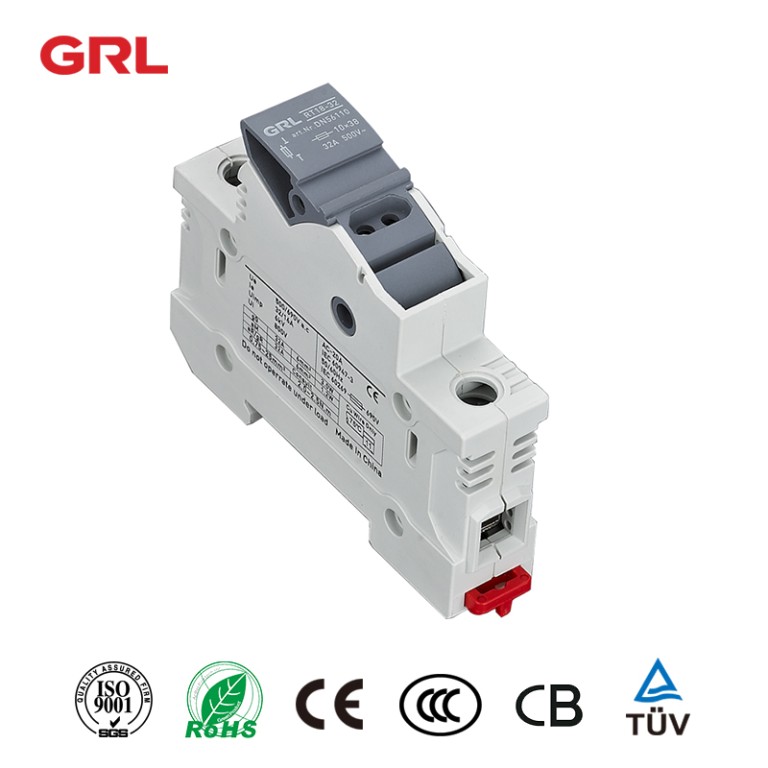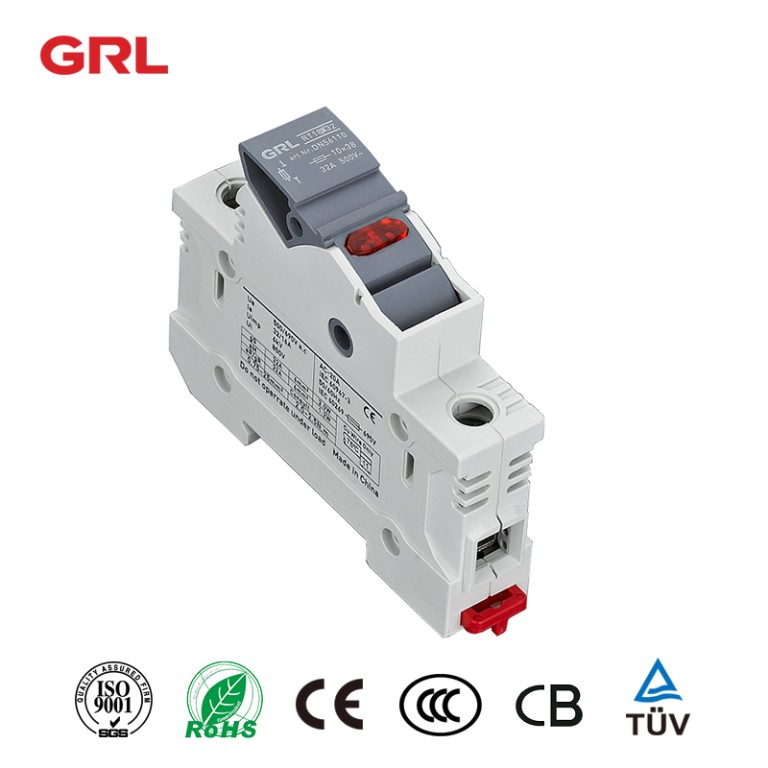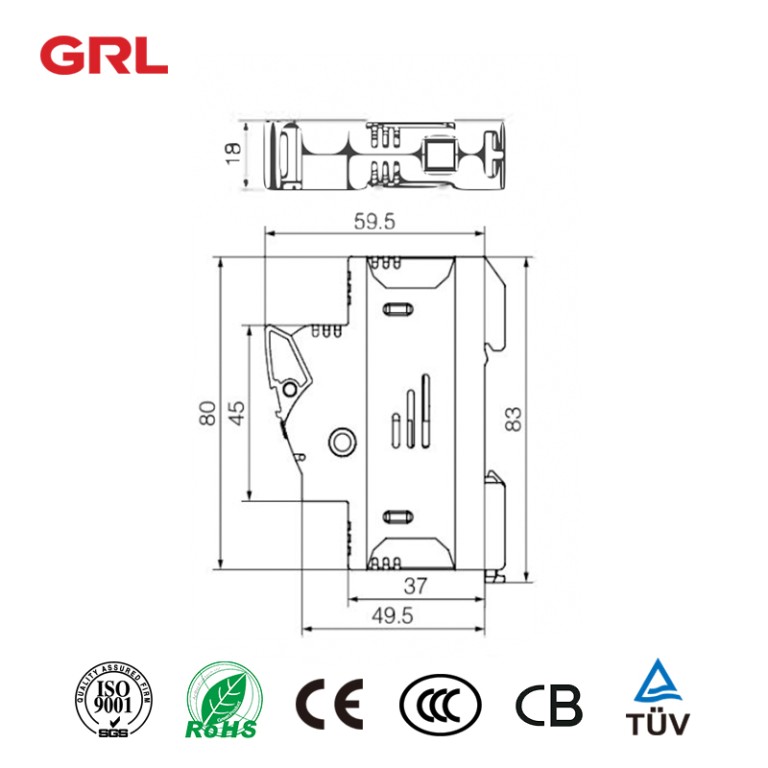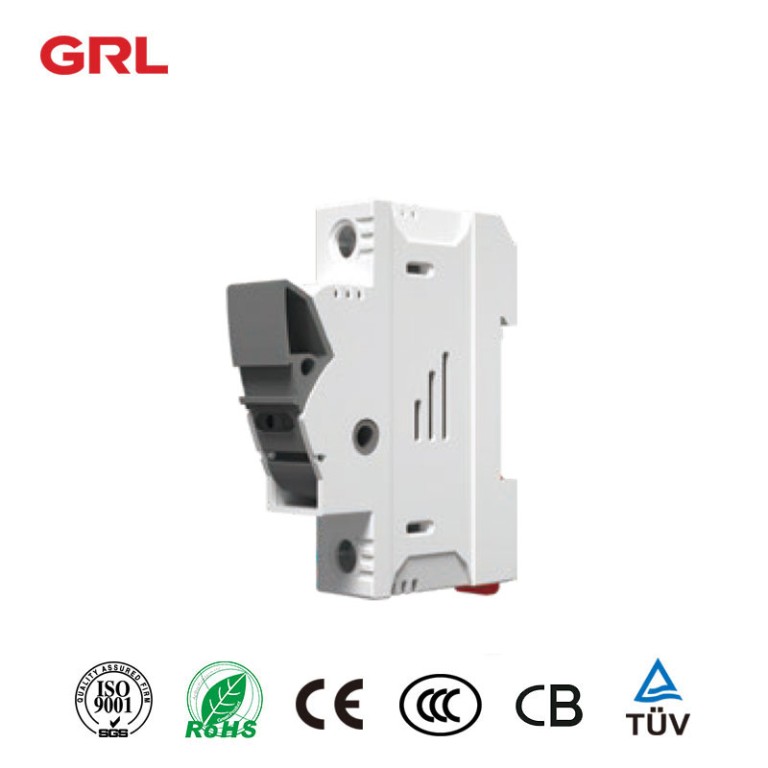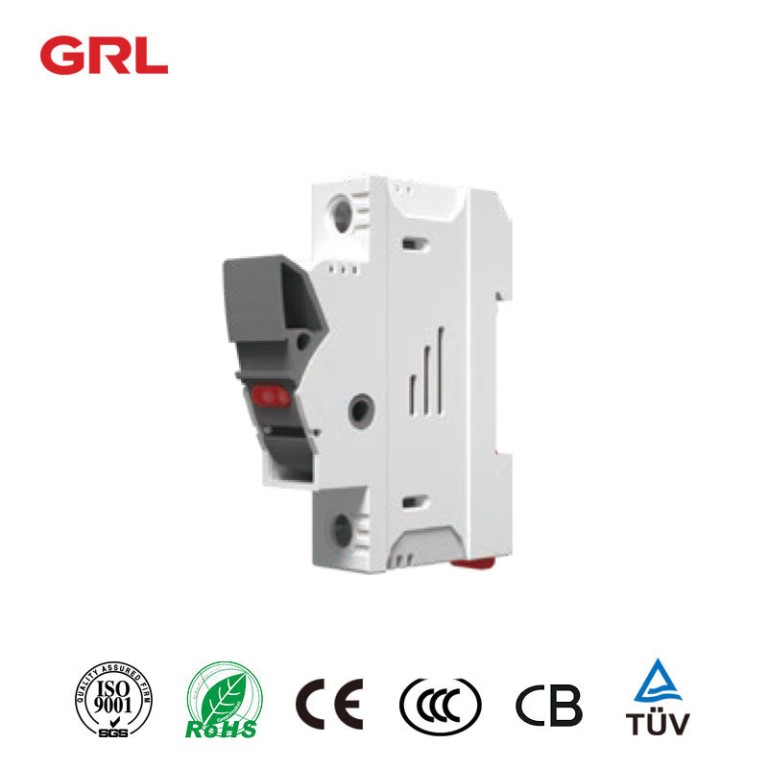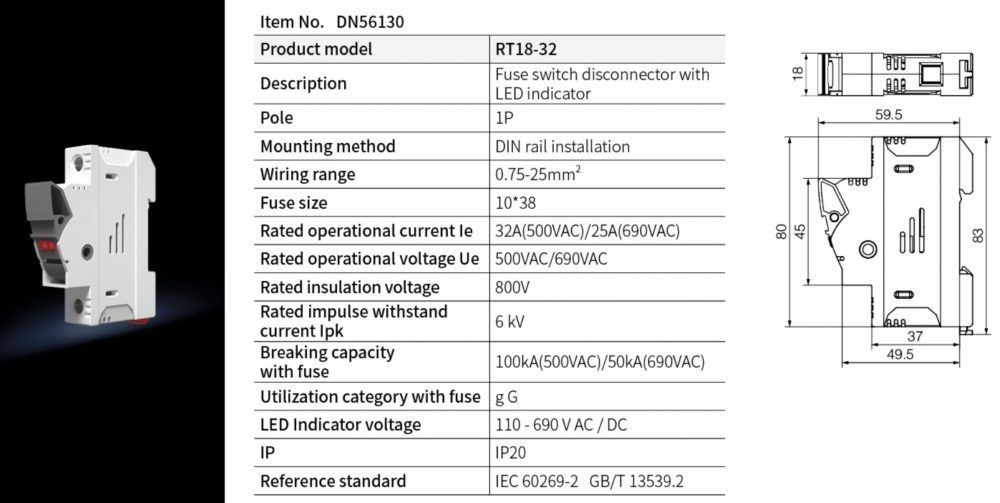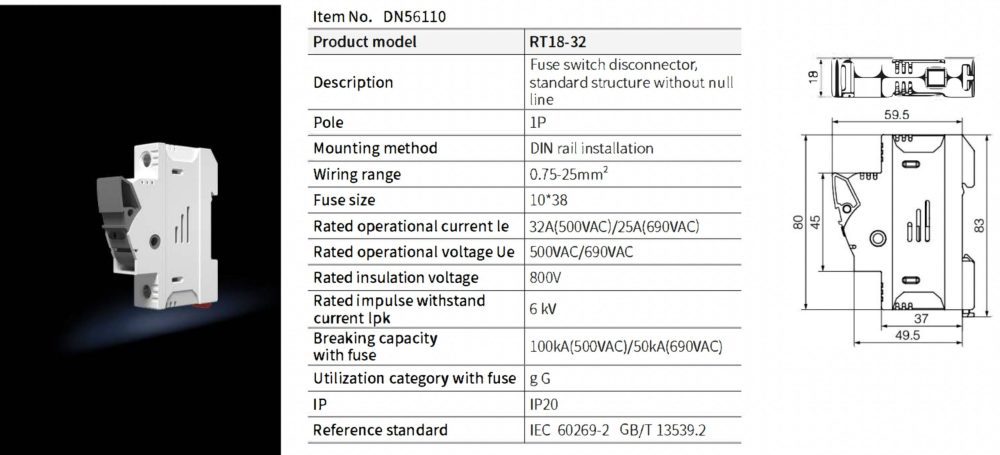What is a fuse panel?
A fuse panel, also known as a fuse box or fuse board, is a device or enclosure that houses multiple fuse holders or fuse blocks. It is a centralized location for fuses in an electrical system, typically found in residential, commercial, and industrial settings. The fuse panel serves as a distribution point for electrical circuits and provides a means for circuit protection.
Here are some key features and functions of a fuse panel:
1.Circuit Protection: The primary function of a fuse panel is to provide circuit protection by housing fuses. Fuses are placed in individual fuse holders or fuse blocks within the panel, and each fuse is responsible for protecting a specific circuit from overcurrent conditions.
2.Fuse Organization: A fuse panel allows for the organized arrangement of fuses, making it easier to identify and access the fuses associated with different circuits. The fuses are typically labeled or marked to indicate the corresponding circuit or load.
3.Electrical Connection: The fuse panel serves as a central connection point for various electrical circuits. It provides terminals or connectors where the wiring from different circuits can be connected and terminated, ensuring proper electrical connections.
4.Safety and Insulation: Fuse panels are designed to provide insulation and protection for the fuses and electrical connections. They often have covers or doors to prevent accidental contact, dust ingress, and to enhance electrical safety.
5.Circuit Monitoring and Troubleshooting: A fuse panel can include features such as indicator lights or meters that provide information on the status of each circuit. This facilitates circuit monitoring, identification of blown fuses, and troubleshooting of electrical issues.
6.Expansion and Modularity: In some cases, fuse panels offer the ability to expand the number of circuits by adding additional fuse blocks or modules. This modularity allows for flexibility in accommodating changing electrical needs or adding new circuits.
Fuse panels are commonly used in residential homes, commercial buildings, and industrial facilities to provide circuit protection and organize the electrical distribution system.
They play a critical role in ensuring the safety and proper functioning of electrical circuits by protecting against overcurrent conditions and facilitating easy access to fuses for maintenance and troubleshooting.
